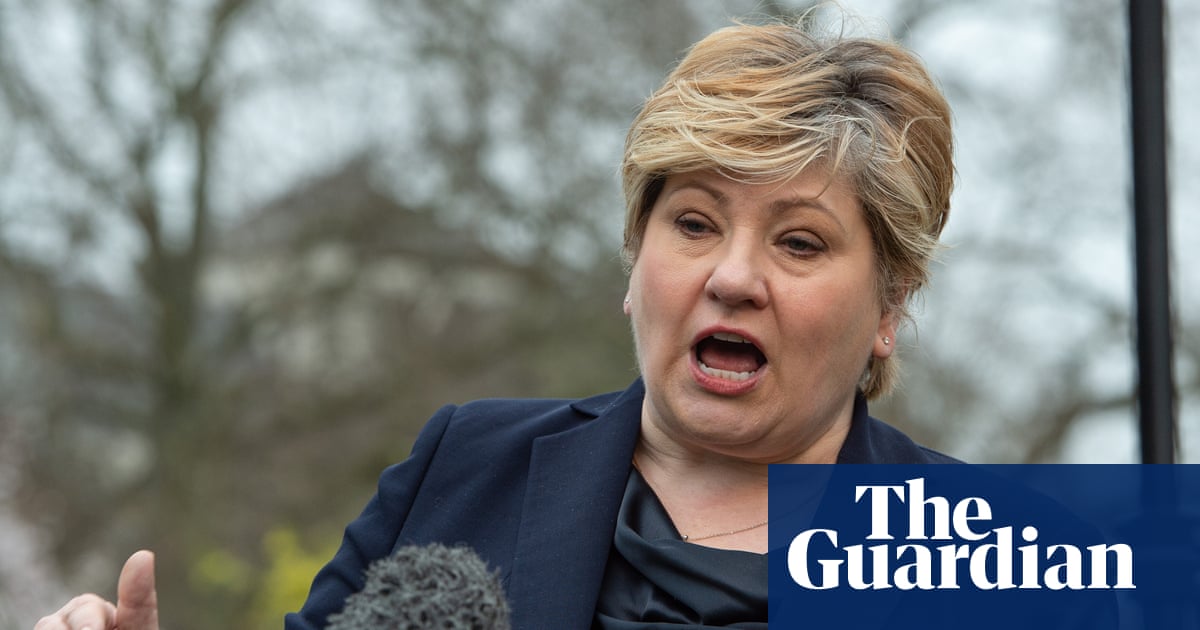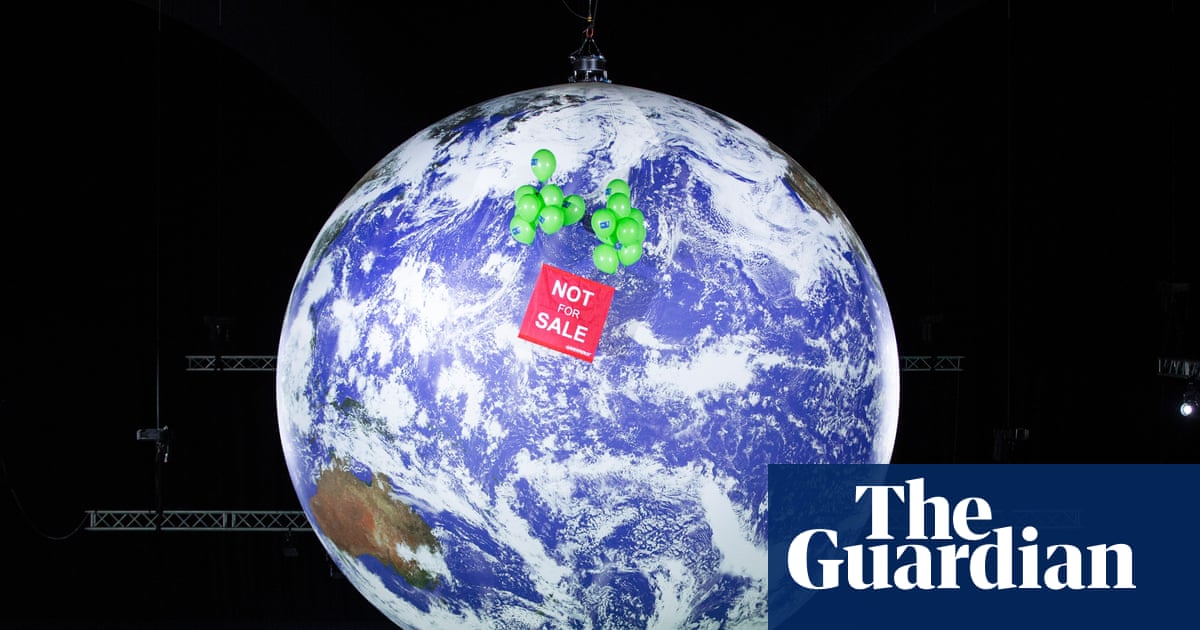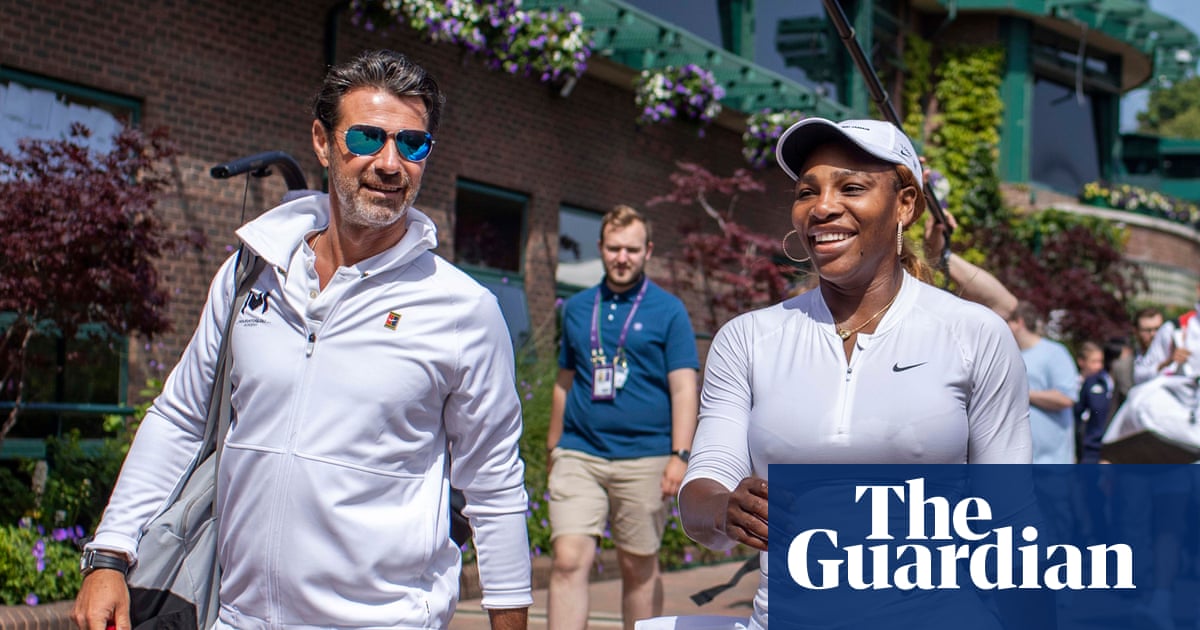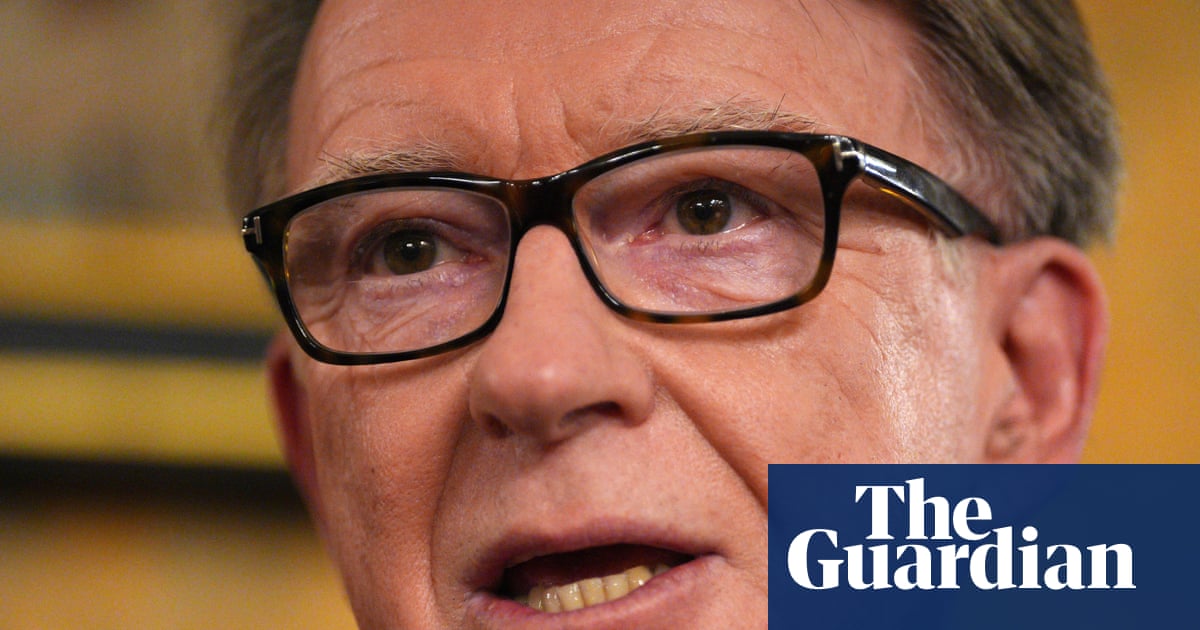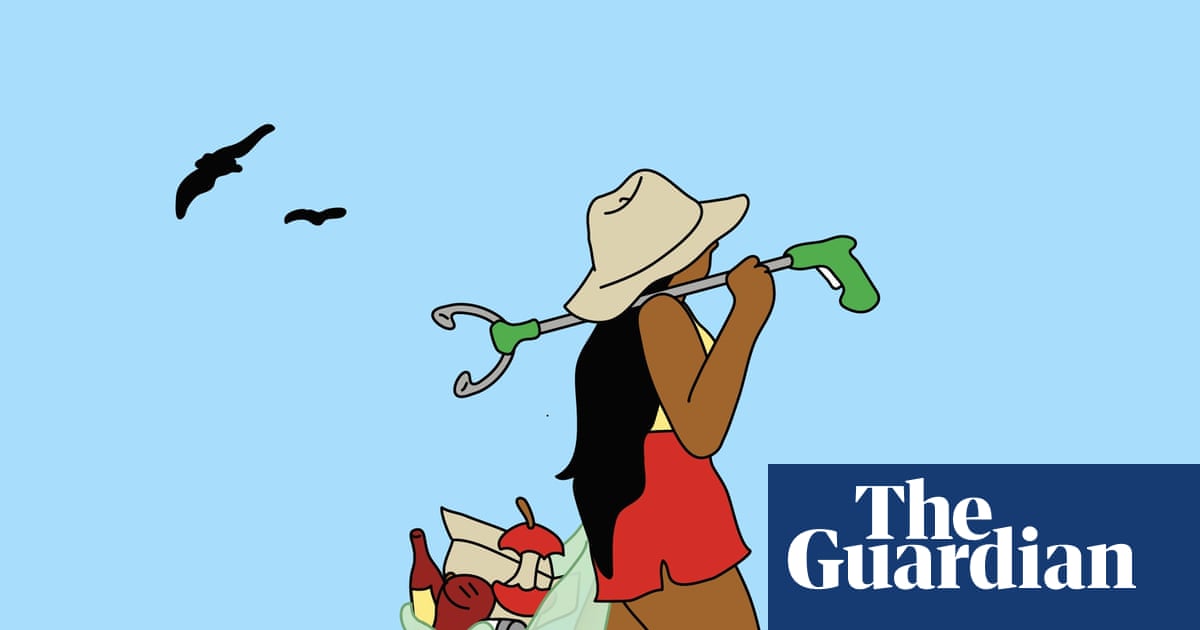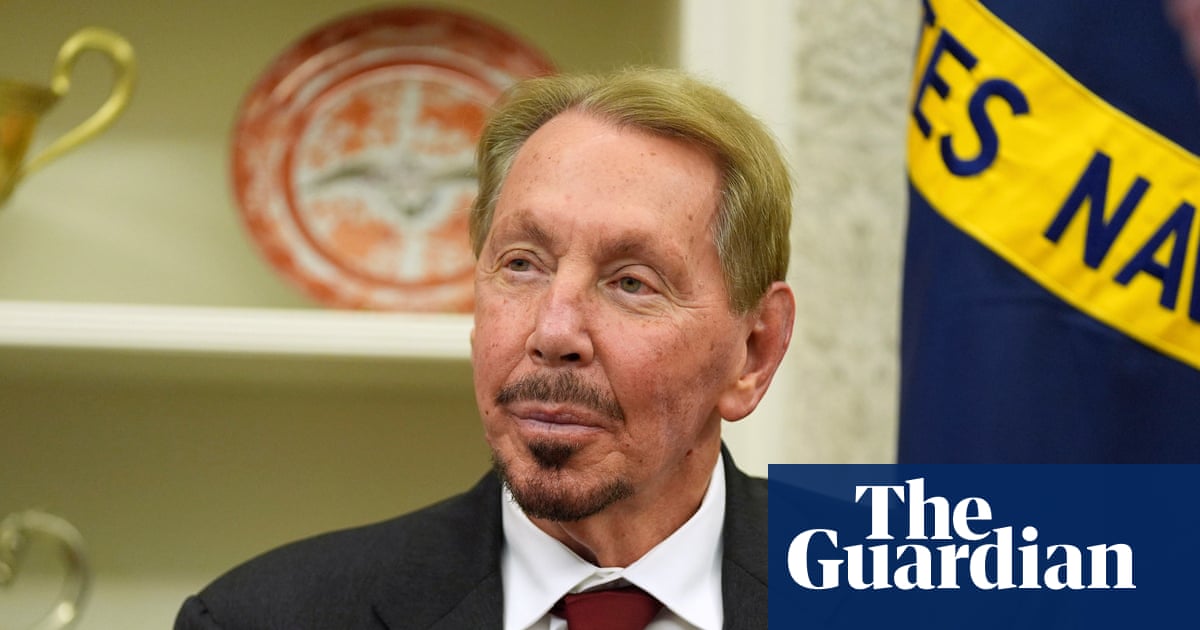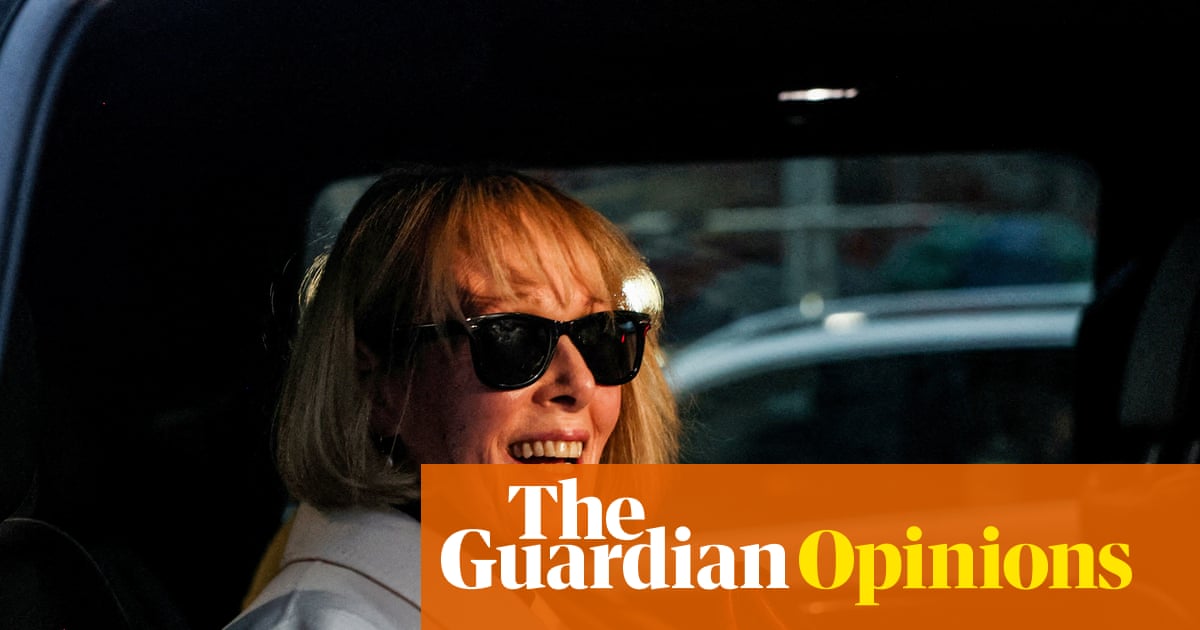Environment secretary: 'no downside' in UK-EU deal for fishing industry
Environment secretary Steve Reed has been speaking to MPs about the UK-EU trade deal, which he described as a “huge boost” to trade, and a “reasonably good deal for the UK fishing sector” in which there was “no downside.”
Appearing before the Environment committee, Reed said that food and drinks exports from the UK to the EU had declined 21% since 2018. He claimed the new arrangements would be a “huge boost for the UK agri-food and food and drink sectors.”
PA Media report he told MPs:
I think this is a reasonably good deal for the UK fishing sector. Compared to what some of the speculation was, and indeed some of the pressures on our negotiating team, the EU was interested in more quota, more access to EU territorial waters.
They were looking for a deal on fishing in perpetuity, and they were trying to achieve that by making what I felt was a spurious link between fishing and an SPS (sanitary and phytosanitary) deal.
He continued by saying “Our negotiating team held absolutely firm and as a result of that, we have a deal for 12 years,” and that the deal involved “no loss at all of quota or our own access into territorial waters.”
Reed said:
There are further benefits as well because the UK fishing sector exports 70% of our catch into Europe. That has now become much easier, much simpler, much less costly so they can export more of our British fish across the border, less of it is likely to rot at the border. There is no downside to this for fishers. There’s a big upside in what they can export.
Key events Show key events only Please turn on JavaScript to use this feature

Helena Horton
My colleague Helena Horton was watching the Efra select committee this morning. Here is her report
Environment secretary Steve Reed is appearing in front of the Efra select committee this morning. He has defended the deal between the EU and the UK which was struck yesterday and allows extended fishing rights for European fishers in UK waters. Some commentators have claimed the UK was “stitched up like a kipper” by the EU and that the deal is unfair to UK fishers.
He said of critics: “Very respectfully I completely disagree with them, given that we could have been sat here this morning talking about a reduction in UK quotas, increased access of EU access into UK territorial waters, no investment fund for those communities, and no increased ability into the ease of exporting into the Eu so that’s what we could have been facing. They’ve lost nothing in terms of what they have at the moment they have gained access into EU markets.”
Reed added this is because: “Less of our British fish will rot at the border, we have pushed for long time for live bivalve molluscs to be exported back into Europe and they will be, so there is no downside for this for fishers, there’s a big upside in what they can export.”
He added: “You would think every single party in this party would agree that this [deal] is good for business and good for trade”
The precision breeding bill going through parliament currently, which would allow farmers to grow gene edited crops and it potentially also applies to livestock, puts the UK at loggerheads with the EU, which has a ban on such technologies.
Reed said this will still go ahead, adding: “I want to see our farming sector to benefit from the potential higher productivity higher yields that can come from using that technology, we are somewhat ahead of the EU. If we can increase yields, we increase profitability for the farming sector, obviously there will be issues around what can be imported into the EU. We are not in the EU.”
Testing facilities at the border between the UK and the EU, such as in Dover, will be wound down, Defra’s biosecurity chief Emily Miles said.
She said there will be a “scaling back” of the “Facilities that were built for Brexit” and checks would now focus on illegal imports. “There will be a decommissioning of some facilities, we need to work through where and how.”
Environment secretary: 'no downside' in UK-EU deal for fishing industry
Environment secretary Steve Reed has been speaking to MPs about the UK-EU trade deal, which he described as a “huge boost” to trade, and a “reasonably good deal for the UK fishing sector” in which there was “no downside.”
Appearing before the Environment committee, Reed said that food and drinks exports from the UK to the EU had declined 21% since 2018. He claimed the new arrangements would be a “huge boost for the UK agri-food and food and drink sectors.”
PA Media report he told MPs:
I think this is a reasonably good deal for the UK fishing sector. Compared to what some of the speculation was, and indeed some of the pressures on our negotiating team, the EU was interested in more quota, more access to EU territorial waters.
They were looking for a deal on fishing in perpetuity, and they were trying to achieve that by making what I felt was a spurious link between fishing and an SPS (sanitary and phytosanitary) deal.
He continued by saying “Our negotiating team held absolutely firm and as a result of that, we have a deal for 12 years,” and that the deal involved “no loss at all of quota or our own access into territorial waters.”
Reed said:
There are further benefits as well because the UK fishing sector exports 70% of our catch into Europe. That has now become much easier, much simpler, much less costly so they can export more of our British fish across the border, less of it is likely to rot at the border. There is no downside to this for fishers. There’s a big upside in what they can export.
The House of Commons has begun sitting for the day, with Treasury questions up first.
We are expecting two statements in the house later today. Prime minister Keir Starmer will make a statement on the UK-EU Summit, and foreign secretary David Lammy is set to make a statement on “Israel and the Occupied Palestinian Territories.”

Severin Carrell
Severin Carrell is the Guardian’s Scotland editor
The Church of Scotland has very narrowly voted to maintain its historic opposition to assisted dying after a motion to put it on a neutral footing for the first time was amended.
A joint working group had recommended the church adopt a more nuanced stance on assisted dying, by agreeing there were valid Christian arguments for supporting it, as well as theologian arguments against it.
But to the delight of critics of the measure, its annual general assembly, meeting in Edinburgh this week, voted by 149 to 145 for a countermotion which reaffirmed its opposition, while acknowledging the diversity of views about the proposal.
The Scottish parliament will soon start formally assessing a new bill to legalise assisted dying in Scotland after MSPs voted last week to allow it to progress. Opinion polls consistently show majority support for assisted dying, including a significant majority of voters aligned with the Church of Scotland.
In 2023 the assembly had voted heavily in favour of reviewing its stance. But on Monday it heard from John Williams, a commissioner with terminal cancer, who said it was “a bad bill” and “not the way.”
Rev Dr John Ferguson, the working group convener, said that if its recommendations had been accepted “then the church will have moved on from a binary position on assisted dying to adopting a realistic honest and loving position, which it can hold with integrity.”
Conservative leader Kemi Badenoch posted a lengthy thread to social media earlier today about the UK-EU trade deal negotiated by Keir Starmer’s government, in which she accused Labour of “reopening the old Brexit battles we’ve already fought – and won.”
In the thread she claimed the results of the deal were “More EU law. More EU judges. More money sent to Brussels”.
She claimed “Starmer never accepted Brexit. He tried to block it 43 times … we settled this debate during Brexit. Labour is now reversing it – bit by bit.”
Shadow foreign secretary Priti Patel was extremely combative on the morning media round today, and the Conservative party have clipped up some of her interviews to put out on social media. Here is a taste of what she had to say:
What we’re now seeing is sheer dishonesty from Keir Starmer and his appalling Labour government that have deceived the public.
What they’ve effectively done is that they’re signing up to a foreign court, the European court of justice all over again. We’ve got to pay for the privilege of the indignity of going back into a European court and being a rule taker. And they’ve sold out our fishermen with a 12 year deal.
I understand that Starmer went into the negotiations saying he wanted a four year deal, but he’s come out 100 times worse with a 12 year deal [sic], which is basically going to put British fisheries in proper jeopardy.
Now I see these guys, the Labour MPs, the Labour government, every day. You know their instincts are not the same instincts of those of the British people. They don’t care about Britain in the way in which your listeners do, or my party does, and did when we campaigned for Brexit and delivered Brexit.
And a classic example of this is look at how they’re wrecking our domestic economy. You mentioned winter fuel payments. Look at the family farm tax, look at increases on national insurance. And they’ve got the audacity to put out a press release yesterday saying this is good for Britain
I think he’s taken us all for fools, and it just shows how arrogant and out of touch, they are.
During her media round appearances this morning, industry minister Sarah Jones also attempted to stress the stability aspect of the government’s new trade deal. She told viewers of Good Morning Britain:
Where we can sell into is just as important as what we can fish. We are protecting the existing system so there will be no more access to our waters than currently exists. There will be the same access we have into European waters that we currently have. That brings us benefits.
What would have happened under the previous deal that was negotiated by the Conservatives was this situation would have just stopped in 2026, and we would have been in a situation where we were negotiating it year after year after year. Some years we might have negotiated something that was good. Some years we might have failed and had a bad outcome.
This brings certainty for 12 years, and it opens up our European markets so we can sell more fish and shellfish into those European markets, which is really important.
Put to her that there are indications the government was only seeking to extend the arrangement by four years, and that it had been bounced into agreeing a longer timeframe by the EU, she said she had not been in the negotiations herself, but, she said “I can’t confirm this, but I suspect the Europeans were trying to make the fishing deal permanent.”
She continued:
We have negotiated what we believe to be a good deal. The benefits outweigh any costs very substantially. We will not have rotting fish at our borders because of the checks that need to go in to that. We will not be paying hundreds of pounds in admin costs for every lorry load.
Scottish secretary Ian Murray: EU deal gives '12 years of certainty and stability' for fishing industry
The Scottish secretary has said the new UK-EU trade deal provides “12 years of certainty and stability” for the fishing industry, amid criticism from the industry that the government has made too large a concession to the EU on fishing rights.
The Scottish Fishermen’s Federation (SFF) has described the deal as a “horror show”, but Ian Murray said: “I don’t agree with that.”
Speaking on BBC Radio Scotland, Murray said:
It gives 12 years of certainty and stability for the industry, it doesn’t change any of the deal that was put in place in 2019, which is 25% more quotas for UK and Scottish trawlers and it gives wide access, of course to the new markets of the EU, in terms of pushing away all that red tape that was there before.
Not one more fish will be taken out of Scottish waters by an EU trawler as part of this deal and that provides that stability and certainty.
I’ve been in business before and I would prefer 12 years of stability and security and certainty than an annual renegotiation that you may or may not win.
Shadow foreign secretary Priti Patel has said that Keir Starmer cannot be trusted over any negotiations on Gibraltar. Asked on the GB News channel whether she thought the government was in the process of giving Gibraltar away, Patel said:
We should never trust Keir Starmer. You know, he’s screwing things up domestically, so he gets on the international bandwagon.
He’s selling us out, not just on Brexit, but on Chagos and … we’re hearing all sorts of things about Gibraltar. We’ll hold them to account on this. Where Labour negotiates, Britain always seem to lose.
Jessica Elgot, our deputy political editor, reports that Labour is to cancel its national women’s conference and restrict all-women shortlists as it awaits full guidance from the equalities watchdog, sparking criticism from trans rights and gender critical campaigners. You can find that here.
If you missed it, yesterday Pippa Crerar and Kiran Stacey covered the UK-EU trade deal in our Politics Weekly podcast. You can listen to that here.
Industry minister Sarah Jones criticised the previous government’s attitude to the European Union, while ruling out the prospect of rejoining.
Speaking on Good Morning Britain, she said:
The worst of both worlds was when we had a prime minister who couldn’t even say whether France was an ally, and we had such entrenched ideological positions that we got absolutely nowhere.
What we have here is a deal where we’re not rejoining the EU. We know what our red lines are on the customs union, single market. I don’t need to rehearse those.
Where we do a deal on particular aspects of trade, there has to be an agreement about the rules of the game to stop one side shafting the other, apart from anything else.
Minister: UK-EU deal is 'sovereign choice' and not a 'one-way deal'
Industry minister Sarah Jones has said the new deal with the EU was a “sovereign choice” and not a “one-way deal”, despite widespread criticism that the government had appeared to make large concessions over fishing rights with the EU.
Appearing on Good Morning Britain, the MP for Croydon West told Richard Madeley and Susanna Reid that “It’s not a one-way deal at all because we will make a huge amount of money in terms of the exports that we can now.”
Claiming the deal had been welcomed by business, Jones said it didn’t mean the UK would have no say in rules that were set, telling viewers:
What will happen is we will have conversations about those rules. As you say, any kind of rule change has to go through a parliamentary process, and there will be an arbitration process where we can resolve any conflicts. I don’t foresee any conflicts, because we don’t want to reduce our standards.
And you know, the Tories, when they brought in [their] deal, said, you know, now we can diverge from the EU. That hasn’t happened, because we don’t want to reduce those standards.
Jones lamented the trading conditions that had been put in place by the Conservative Brexit deal with the EU, saying:
We have made a sovereign choice to do this because it is a practical, pragmatic response to the terrible situation we had where we couldn’t trade with our nearest trading partners. We couldn’t even trade at all on sausages or minced meat. This is much better. It will put more money in people’s pockets than be good for jobs.
Reeves eyes Gulf trade pact as UK government’s ‘next deal’

Julia Kollewe
Rachel Reeves said the UK government is closing in on a trade pact with six Gulf nations, including Qatar and Saudi Arabia, as its next major deal.
The chancellor told the BBC the agreement would be the government’s “next deal” as it looks to boost trade ties following Brexit.
Reeves suggested economic growth would be strengthened through recent trade deals with the United States, the EU and India, all inked within a fortnight.
Britain is in a better place than any other country in the world in terms of deals with those countries.
The first deal and the best deal so far with the US, we’ve got the best deal with the EU for any country outside the EU, and we’ve got the best trade agreement with India.
The chancellor also said the UK was “not looking to have trade negotiations with China”.
In early April, foreign secretary David Lammy said Labour was continuing discussions with the Gulf over a trade deal, which were started by the previous Conservative government.
Priti Patel: UK-EU is a betrayal of Brexit by 'smug' Keir Starmer
The shadow foreign secretary, Priti Patel, has said that the government’s deal with the EU is a betrayal of Brexit, and accused the prime minister of making “smug” comments when announcing it.
Speaking on the GB News channel, the Conservative MP for Witham said:
Keir Starmer never believed in Brexit. He spent all of his time campaigning to unpick Brexit. He was being dishonest with the British public. He basically did not go into the general election last year and say that his reset would mean that we’d become a rule taker all over again. He deceived the British public.
Asked about Starmer’s comment that the deal put the country back on the world stage, Patel said:
Quite frankly, that is utter rubbish from Keir Starmer. Not for the first time. It was Britain that led the international efforts when it came to Russia’s illegal invasion of Ukraine. So I think he needs to go away and do some homework.
And of course, it was Conservatives in government that led the way when it came to Britain post-Brexit, our place in the world, securing those trade deals, over 70 trade agreements during our tenure in government.
So, we’re not going to listen to that nonsense from Keir Starmer. He just constantly wants to betray Britain and the democratic vote of the British people. And I think he needs to really go back and recalibrate his very smug comments.
Industry minister: UK-EU deal does not mean the country is rejoining the EU
Any cost to taxpayers from the government’s deal with the EU will be outweighed by the economic benefits, industry minister Sarah Jones has said, insisting that the UK was not rejoining the EU.
Speaking on Sky News, she said:
We are not paying, through any of this, for access to markets. That is not what we are doing. We are not rejoining the EU. Where we will pay, and these things will be negotiated, where we will pay is where there are joint costs that need to be paid.
Welcome and opening summary …
Good morning, welcome to our live coverage of UK politics for Tuesday. Here are your headlines …
-
Industry minister Sarah Jones has said the UK-EU deal announced yesterday by prime minister Keir Starmer and European Commission president Ursula von der Leyen does not mean that Britain is rejoining the EU. She claimed any cost to taxpayers would be outweighed by the economic benefits
-
Shadow foreign secretary Priti Patel has said that “when Labour negotiates, Britain always seems to lose”, and accused the government of being misleading over the deal. She said the deal was a betrayal of Brexit
-
Chancellor Rachel Reeves has said the government is nearing a trade pact with six Gulf nations, including Qatar and Saudi Arabia
It is Martin Belam with you today. Cabinet meets this morning. We might get a Commons statement from the prime minister later on, and the chancellor is expected to make a media appearance. You can reach me at [email protected].

 3 months ago
76
3 months ago
76

